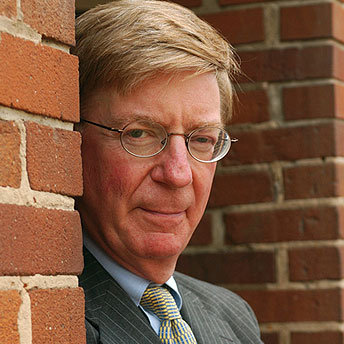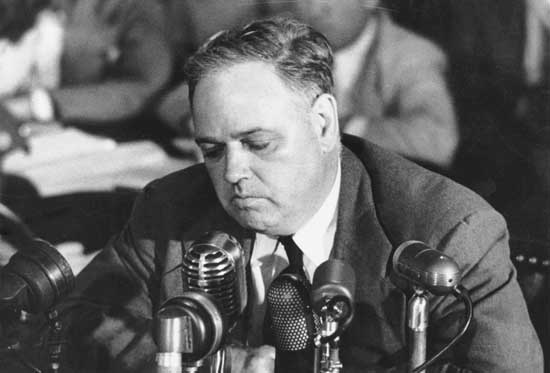
Speech micrometers only work on sexual speech, or something
In the 1980s, George Will mocked the Supreme Court’s hubris in thinking that judges armed with “constitutional micrometers” could micromanage religious displays in public spaces. But this year, he advocated exactly this outrageous approach when it comes to words written by bakers on wedding cakes – which are not even in public spaces, but are private speech acts.
In his column today on T-shirts worn into polling places, returning to his 1980s roots, Will shows exactly why you can’t engage in this kind of speech micromanagement:
The Supreme Court can try to enunciate what is unimaginable — clear standards concerning every conceivable language use in a hypersensitive America. Or the court can give its squint of strict scrutiny to all such polling-place laws, many of which will not pass muster. Otherwise, polling-place officials will have broad discretion to lay down the law, if it can be dignified as law, on an ad hoc basis concerning what is and is not a “recognizable” political view or “undue” influence.
So, constitutional micrometers don’t work on right-wing T-shirts; apparently they only work when the people whose rights are impaired are socially embarrassing not only to good liberal society but even to secular conservatives like Will.
It reminds me of another conservative jibe in the 1980s. As Democrats, for the sake of the cameras, hyped civil rights legislation that they knew to be both unconstitutional and politically impracticable, William F. Buckley commented that if he were in Congress, he would introduce a Civil Rights Act for Preemptive Nuclear Strike on the Soviet Union, just to bring an end to what he called “terminological right of way.”
Today, as the real challenges of ethnic minorities continue to languish without meaningful attention, the emptying out of civil rights language has reached its logical conclusion – and even the noblest conservatives (Will has sacrificed much to stand athwart Trump) can’t be counted on to protect the rights of those who dissent from progressive sexual orthodoxy.
Conservatism Death Watch, Part CCCLXVII.

